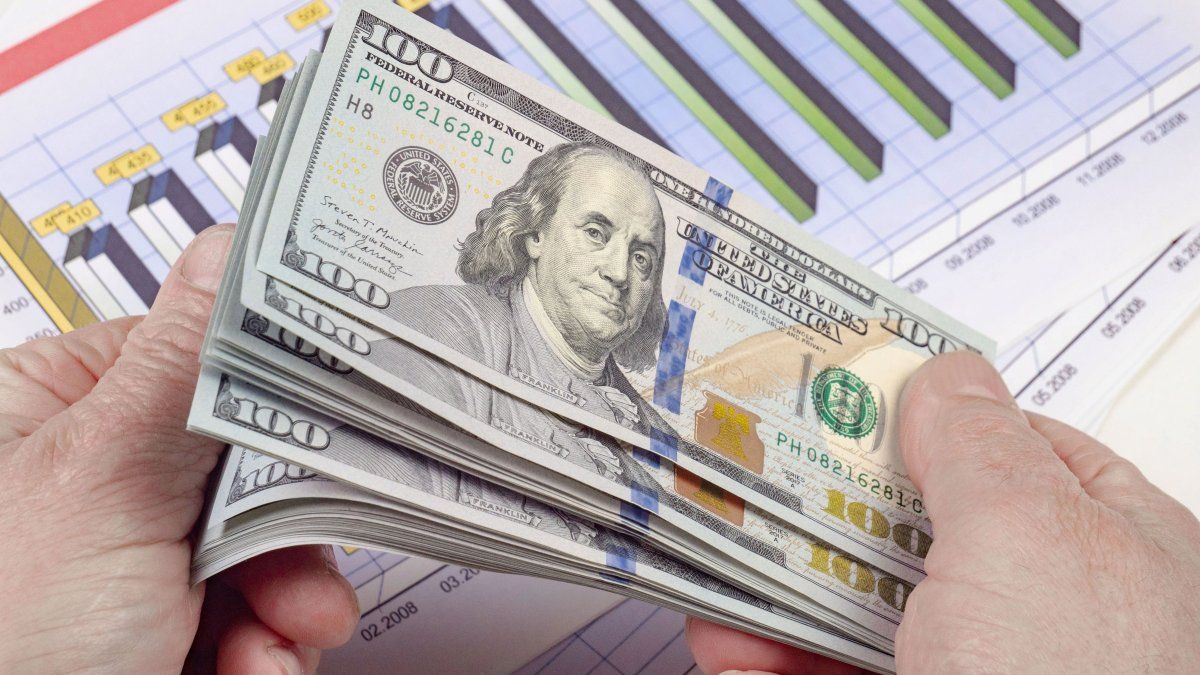Plastic waste is shipped to distant countries as a raw material for recycling, but often spoils the environment there. Is this legitimate world trade or garbage colonialism?
On the banks of the Ciliwung River near the Indonesian capital Jakarta, old yoghurt and soup pots, beverage containers, squeezed out tubes of toothpaste and empty plastic bags are piled up.
These are consequences of the business with plastic waste. The industry speaks of valuable raw materials, and countries actually export plastic for recycling. But a lot ends up on riverbanks and beaches in distant countries.
But there is movement: Since January 2021, the export of non-recyclable waste has been banned under the “Basel Convention on the Control of Transboundary Movements of Hazardous Wastes and Their Disposal”. EU companies are only allowed to export clean and well sorted plastic waste for recycling. And the third largest container shipping company in the world, the French CMA CGM, has announced that it will no longer transport plastic waste from June 1st. According to the company, the promise has already been implemented.
Not a role model yet
Is this the beginning of the end of this business? It doesn’t look like it. The Hamburg shipping company Hapag-Lloyd, number 5 among the container giants worldwide, emphasizes that protecting resources and recycling management are important. But she worries about the plastic recycling industry. “We therefore do not intend to stop this type of transport for the time being,” says a spokesman for the German Press Agency. The industry leader, the Swiss shipping company MSC, also regards plastic waste as legitimate cargo. And the number 2, the Danish Maersk, would at best consider an industry-wide solution.
The plastic waste expert of the environmental organization Greenpeace, Manfred Santen, speaks of waste colonialism. «Do we want to send our dirt to developing countries and say: do something with it? We don’t think that’s right.” Take Indonesia as an example: plastic waste usually arrives there mixed with paper waste, says Yuyun Ismawati from the environmental foundation Nexus3. Because the local recycling industry needs paper, they accept the plastic that is supplied.
In the paper containers, 40 percent are mostly plastic and other waste, says Muhammad Kholid Basyaiban from the environmental group Ecoton. The importers dumped the plastic waste at the paper mills. “People look for and sell recyclables to plastic recyclers. They sometimes earn more than 30 euros a day,” he says.
Chicken eggs contaminated with dioxin
What is not recyclable is partly dried and used by factories for heating. This would release toxic substances, including dioxin. In 2019, Nexus3 and Ecoton reported that eggs from free-ranging chickens near such factories had high levels of dioxins. The last residue of the material pollutes rivers or beaches. At the beginning of June in Geneva, the more than 180 contracting states of the Basel Convention will take stock of whether the tightened export regulations are being complied with.
Plastic waste exports from Germany are declining. According to the Federal Association of German Waste Management, Water and Raw Materials Management (BDE), in 2021 it was 766,000 tons – more than estimated in January (697,000 tons), but still a low. This is probably partly due to the corona pandemic, says BDE spokesman Bernhard Schodrowski. However, the trend has been declining slightly for a few years. Indonesia hardly plays a role for German waste, most of it goes to the Netherlands and Turkey.
«Valuable commodity»
Plastic is a valuable raw material, says Schodrowski: “World trade thrives on the international exchange of goods. This also applies to waste, because as a raw material for recycling, it is a commodity.” The association is convinced that most exports are properly sorted and processed in the destination countries. “Illegal shipments of waste must of course be pursued rigorously,” says Schodrowski.
Environmentalist Jim Puckett, executive director of the Basel Action Network organization, says that plastic waste from households can hardly be sorted as flawlessly as it would be necessary for legal export. He also does not consider plastic to be a valuable raw material. On the one hand, the material consists of countless different polymers and environmentally harmful additives. On the other hand, plastic becomes so weak during recycling that it only survives one or two cycles, and new products always need a large proportion of fresh plastic.
Only one thing helps: use less plastic. “It’s like a flood in the bathroom. You don’t get the rag to wipe it up first, you turn off the tap first,” says Puckett. Until then, you have to take care of the dirt in your own country, demands Greenpeace man Santen: “Germany boasts that it has everything under control technically, so it should also be able to recycle the waste that accrue here.”
Source: Stern
Jane Stock is a technology author, who has written for 24 Hours World. She writes about the latest in technology news and trends, and is always on the lookout for new and innovative ways to improve his audience’s experience.




